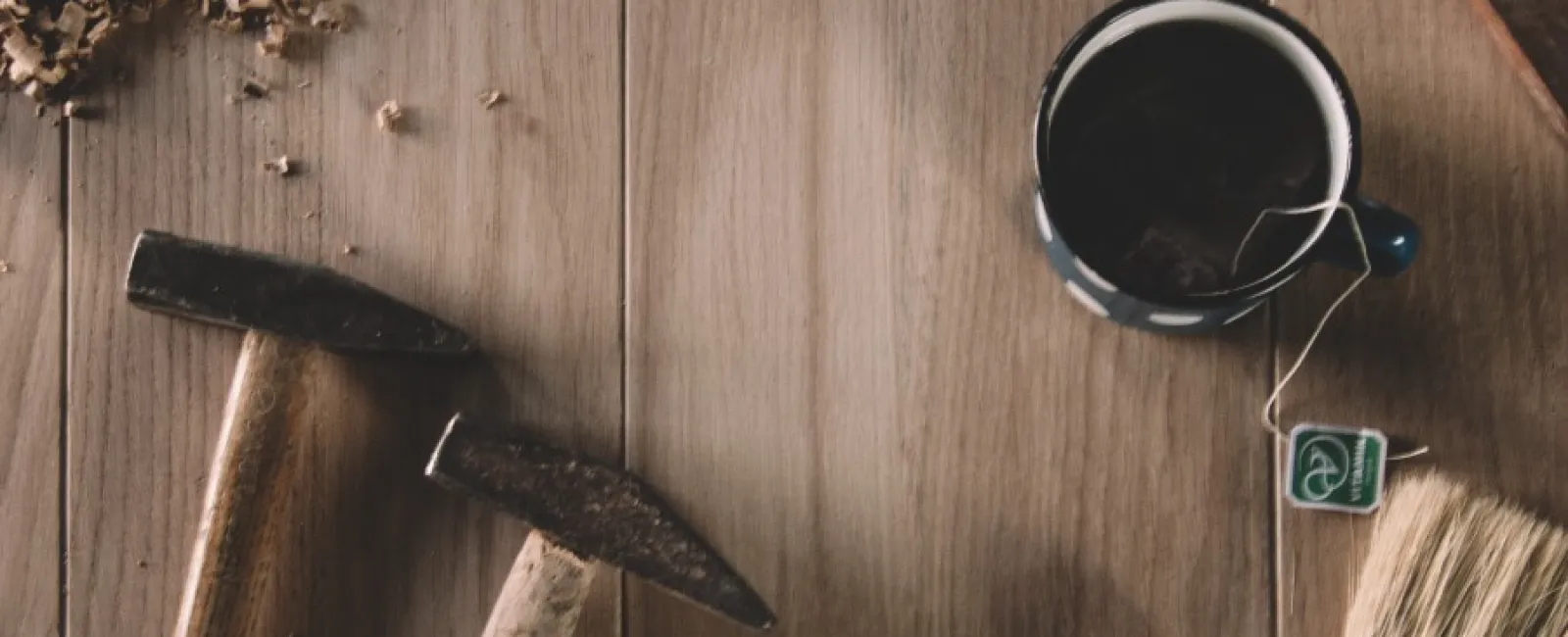You've had a lawsuit filed against you. Or a Labor Commissioner complaint. Or an arbitration demand. Or simply a demand letter served by an aggressive lawyer. Even worse, you run a business that requires constant focus and effort and this headache is eating away at your time and energy. Or you have a full-time profession that similarly does not allow for distraction. How do you resolve this problem?
The optimal way to resolve a legal claim early and efficiently is to deter the other side with a strongly worded letter explaining how they have no case and will be responsible for your attorney's fees and costs. Or if a lawsuit is filed, to file a demurrer, motion to dismiss, or other strategic motion seeking to dispose of the case immediately after it is filed. The problem is depending on the type of case involved, letters only work occasionally and lawyers are used to receiving them and are not dissuaded from proceeding. Motions at an early stage of litigation are unlikely to completely dispose of a case if there is a dispute over material issues. These avenues should undoubtedly be pursued, and there is nothing more gratifying than dismissing your opponent's case a month or two after it is asserted, but you cannot always count on these tactics to get you out.
The vast majority of the time the absolute best way to resolve a lawsuit, claim, or complaint is to get the case ready for trial, and ready early. By doing so you put yourself in the best position to prevail on strategic motions, to settle on favorable terms, or to proceed to trial with less stress and surprise.
You first have to understand the applicable facts and law. By this we mean understanding what each side needs to prove in order to prevail on their claims, or prevail on their defenses. You can often find cases dealing with the same subject that have different legal holdings, so detailed legal research on the ins and outs of the claims and defenses is necessary at the start of the case to understand the roadmap going forward as best as possible.
This legal framework will help determine which facts are important, which facts are not as important, which facts will likely never be admissible at trial, and which facts you need to gather. And understanding the facts as early as possible is usually the most important part of a case. Facts often drive the law and the decision a court makes, and juries certainly hear fact far more facts at trial than they do law. This means understanding and uncovering the facts that work for you, but also those that work against you. Witnesses need to be interviewed, records need to be obtained, and people need to be cross-examined in a deposition. You do not want to be surprised by a new and damaging fact as a case progresses, or find out that something you thought was a fact was just someone speculating, guessing, or misinterpreting something. Believe in your case, but also be critical of it because the other side certainly will be.
All of this is a job for your attorney, but it is also something clients should be thinking about and working on themselves. The best legal team is an attorney and client working together, with the client fully understanding the lay of the land, as ultimately the 'story' at trial needs to come from the client and other witnesses. Most litigation clients are amazed to realize the sheer amount of information, dates, people, documents, and testimony that can be involved in a legal dispute. This does not mean you should quit your business or job to become a lawyer in training (unless you want to), but it does mean you should understand the basics of the legal issues, the important facts, and what you can do to advance both in your favor.
Speaking of lawyers, beware of the lawyer that never critiques your case or asks you hard questions. Watch out for the lawyer that immediately tells you your case is iron-clad or that they will "crush" the other side easily. Usually when a dispute reaches a lawyer's desk there is some gray and some facts that may work against you. Fleshing out the warts on the case early and dealing with them is the only way to proceed. And sometimes this means a good lawyer simply has to advise you to do a cost-benefit analysis and think about settling a case. However, even if that is the most prudent avenue, the best way to position a case for a favorable settlement is, again, to get the case ready for trial. Lawyers know when an opposing party understands the facts and law and is ready to proceed to trial, and it unavoidably has an unnerving effect on the other party.
